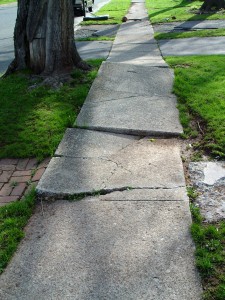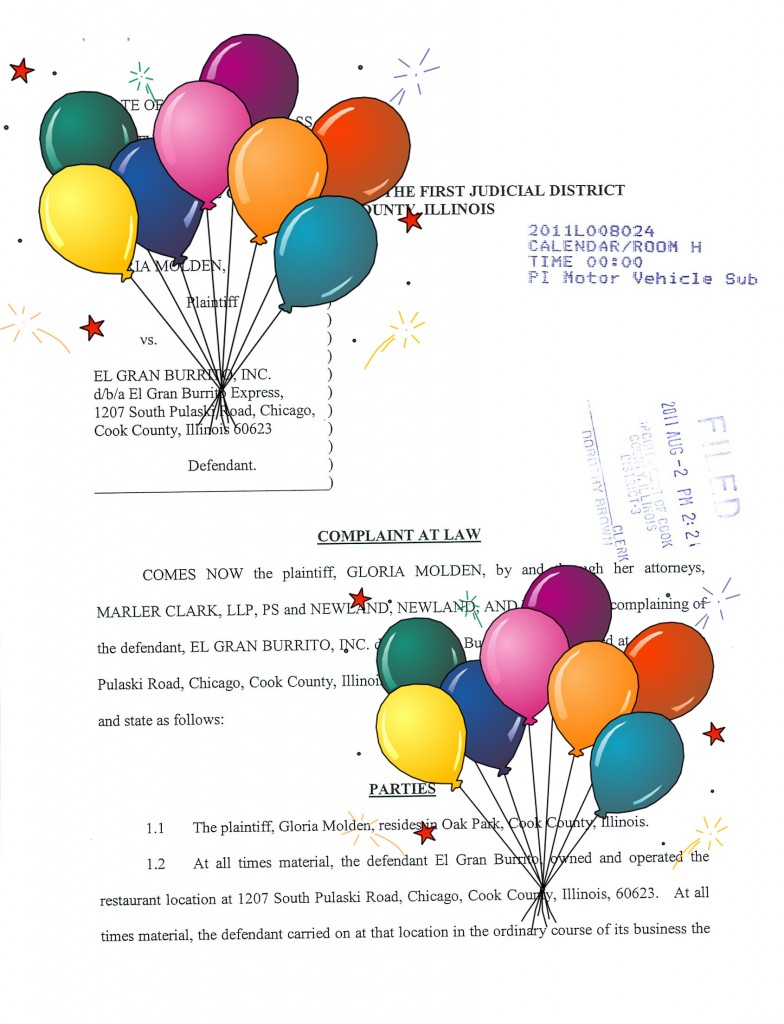 Tens of millions of dollars are wasted each year on litigation under the Americans with Disabilities Act. The money is wasted because instead of going directly to improvements that make businesses more accessible, the money goes to lawyers. Diverting money from remediation to litigation is the real tragedy of so called “drive-by” lawsuits.
Tens of millions of dollars are wasted each year on litigation under the Americans with Disabilities Act. The money is wasted because instead of going directly to improvements that make businesses more accessible, the money goes to lawyers. Diverting money from remediation to litigation is the real tragedy of so called “drive-by” lawsuits.Abusive ADA Litigation – the answer is local, not legal
 Tens of millions of dollars are wasted each year on litigation under the Americans with Disabilities Act. The money is wasted because instead of going directly to improvements that make businesses more accessible, the money goes to lawyers. Diverting money from remediation to litigation is the real tragedy of so called “drive-by” lawsuits.
Tens of millions of dollars are wasted each year on litigation under the Americans with Disabilities Act. The money is wasted because instead of going directly to improvements that make businesses more accessible, the money goes to lawyers. Diverting money from remediation to litigation is the real tragedy of so called “drive-by” lawsuits.




